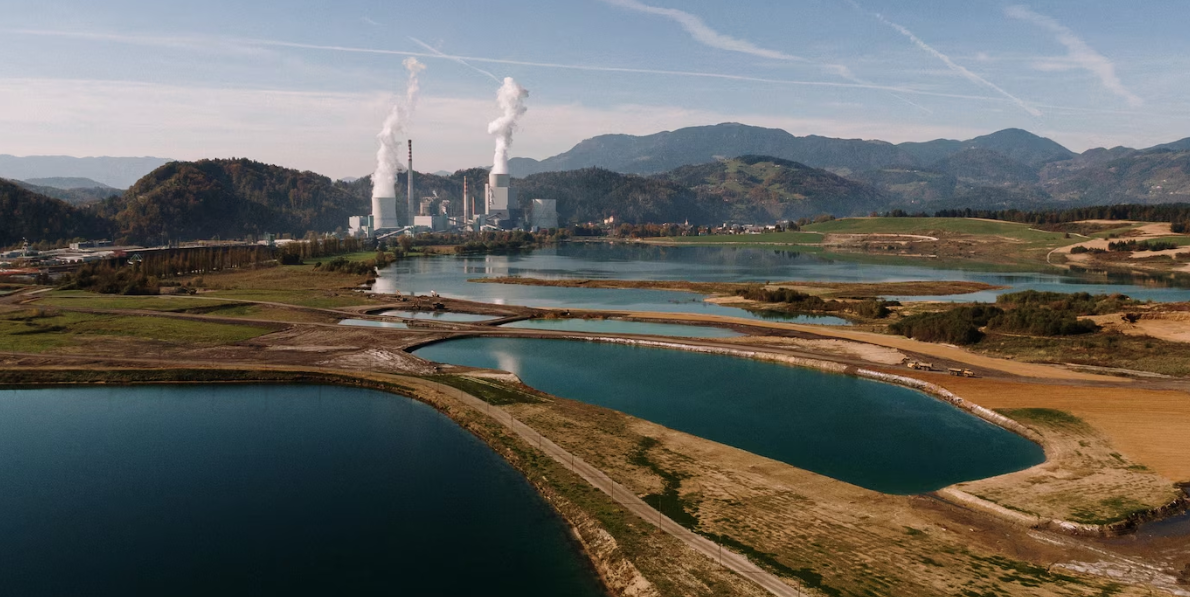Nigeria’s ambitions to tap into the global lithium boom a critical component in batteries powering electric vehicles and renewable energy technologies—have hit an early stumbling block. A lithium processing plant in Kaduna State, which was celebrated as a major industrial milestone upon its launch in 2024, remains largely non-operational, prompting skepticism about the government’s preparedness to regulate and manage the rapidly growing sector.
The project, which was supposed to mark Nigeria’s strategic entry into the global critical minerals market, is now under scrutiny over unfulfilled promises, environmental risks, and a lack of transparency in stakeholder engagement.
Stalled Operations and Unmet Expectations
The lithium plant, situated in Kachia, Kaduna State, was launched with high hopes of value addition, job creation, and foreign exchange earnings. It was backed by a consortium of local and foreign investors, with the support of the Ministry of Solid Minerals Development and the Nigerian Investment Promotion Commission (NIPC).
However, a year after the official commissioning, locals report that the facility is operating far below capacity, with few jobs created, and the surrounding community seeing little to no economic benefit.
“They told us the plant would bring jobs and development. But so far, it’s just a fenced site with security guards and no real activity,” said Malam Ibrahim, a resident of Kachia.
Environmental and Regulatory Concerns
Beyond economic disappointment, environmental concerns are growing among residents and civil society organizations. There have been reports of land degradation, water pollution, and a lack of proper Environmental Impact Assessments (EIA) before the plant’s development.
The Nigerian Extractive Industries Transparency Initiative (NEITI) has raised concerns over the lack of public disclosure in lithium mining agreements and non-compliance with community development requirements as outlined in the Mining Act.
Environmental groups argue that without adequate regulation, Nigeria risks repeating the mistakes seen in its oil sector—where resource extraction enriched few but devastated ecosystems and communities.
Global Race for Lithium: Nigeria’s Opportunity or Risk?
Globally, the demand for lithium has surged due to the green energy transition, with major players like China, the U.S., and the EU seeking stable sources of the mineral. Nigeria, with significant untapped lithium deposits in Nasarawa, Kogi, Ekiti, and Kaduna States, has been positioned as a potential supplier in Africa’s emerging battery metals landscape.
In 2023, the Federal Government restricted the export of raw lithium, encouraging in-country refining to maximize local economic benefits. The Kaduna plant was supposed to be a flagship project for this policy shift, but the delays are now casting doubt on Nigeria’s readiness to become a reliable player in the lithium market.
Calls for Reform and Community Inclusion
Industry analysts and watchdogs are calling for:
-
Full operational audits of existing lithium projects
-
Transparent licensing and investment processes
-
Mandatory environmental compliance and local benefit frameworks
-
Stakeholder inclusion, especially local communities and traditional authorities
“Nigeria’s lithium sector must not become another missed opportunity. We need clear regulations, responsible operators, and strong community partnerships,” said Tomi Oyesola, a mining governance expert at BudgIT.
The Ministry of Solid Minerals has acknowledged some operational challenges and stated that it is working to resolve infrastructure and regulatory gaps, promising updates on lithium-related projects in its upcoming policy brief.
Conclusion: A Cautionary Start to a Critical Industry
Nigeria’s foray into lithium mining is at a critical crossroads. While the resource holds immense potential to diversify the economy, power local industries, and attract global partnerships, the early signs of delay, discontent, and regulatory gaps must not be ignored.
If Nigeria hopes to truly benefit from its lithium wealth, it must invest not just in minerals, but in transparency, infrastructure, environmental safeguards, and people-centered development.
Published on Xamblog.com – Delivering trusted analysis on Nigeria’s natural resources, governance, and economic transformation.
Last Updated on July 8, 2025 by kingstar





